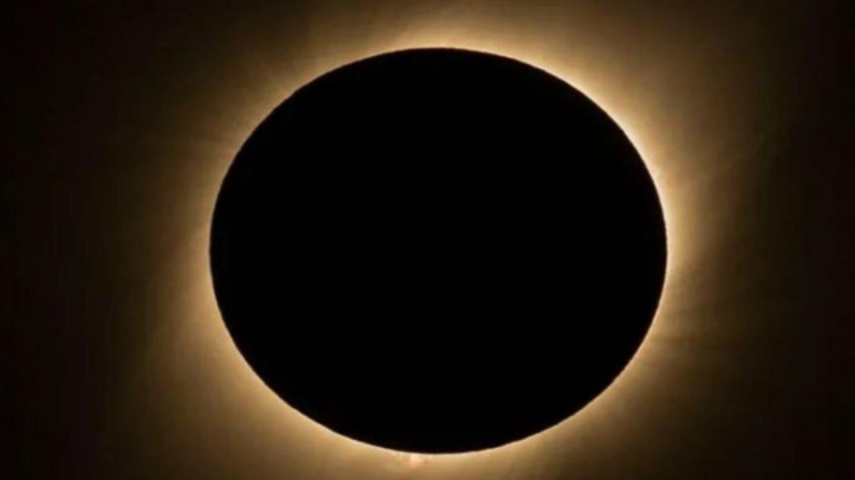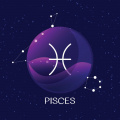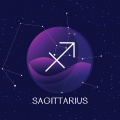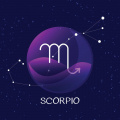Solar Eclipse 2024: Here's When To Watch Much-Awaited Celestial Event In DC Area And More
The total solar eclipse that will be seen in a narrow path of totality in the U.S. is scheduled to take place on Monday, 8th April.

-
The Great American Eclipse returns on April 8, 2024, a display of the moon between the Earth and sun
-
Total solar eclipse transforms daytime sky into surreal twilight as moon completely covers sun
Skywatchers all over the world are excited about the total solar eclipse that is scheduled for April 8, 2024, because of its remarkable visibility and wide path of totality. This event, in contrast to its predecessors, is anticipated to be extensively viewable to millions of people throughout North America.
North America to experience solar eclipse
The "path of totality" for the complete solar eclipse on Monday begins on the Pacific coast of Mexico, travels across Texas and 14 other states in the United States, and ends over Canada. Almost twice as long as the 2017 complete solar eclipse that across the whole United States will be present, and it will be seen by far more people.
What time is the eclipse in Washington, DC?
Even though D.C. is not in the eclipse's path of totality, you might be able to see this amazing celestial event. If you're still deciding whether or not to watch the eclipse, here are some guidelines. At 2:04 p.m. in Washington, D.C., the new moon will begin to cross the sun's face. By the time it reaches its maximum eclipse at 3:20 p.m., 89% of the sun will be hidden. The total eclipse lasts until 4:32 p.m., although the moon will cover the sun for as long as 4 minutes and 28 seconds.
Due to storms that are heading across the central United States on Monday, clouds are predicted throughout a large portion of the eclipse's path. But for Monday afternoon, the D.C. region has a fairly clear outlook. The sun and clouds will be mixed, which should make for decent viewing circumstances when the sun eclipses, according to meteorologists with 7News First Alert.
In the D.C. region, there are plenty of viewing parties to choose from, including educational programs at the Smithsonian Museum's Solar Eclipse Festival on the National Mall, nature-focused viewings at parks throughout Virginia, and activities at the University of Maryland.
Can we look at the eclipse with our naked eye?
During a solar eclipse or any other moment, staring straight at the sun can cause irreversible eye damage. Only during totality, or the moment of utter darkness when the moon fully obscures the sun, is it safe to observe an eclipse with the unaided eye.





 JOIN OUR WHATSAPP CHANNEL
JOIN OUR WHATSAPP CHANNEL




































































































